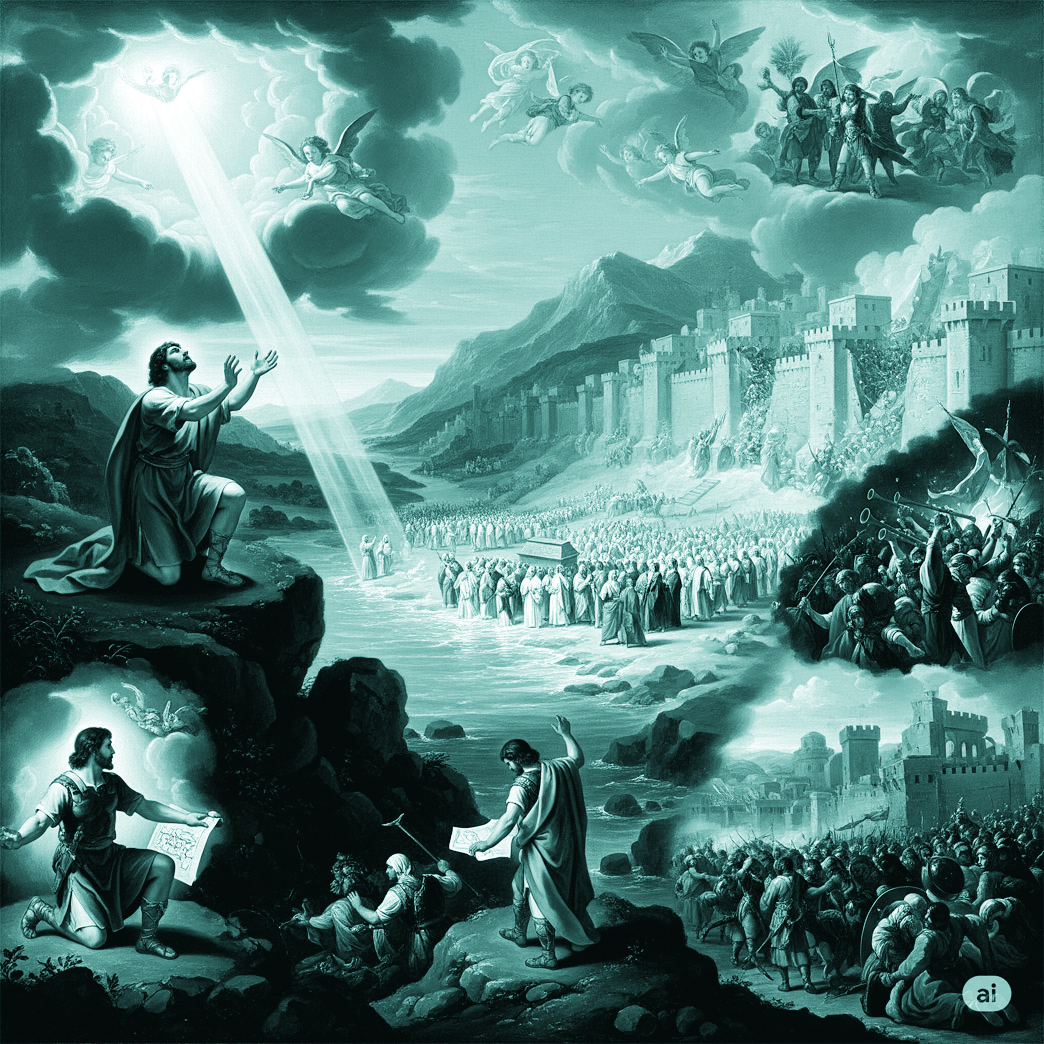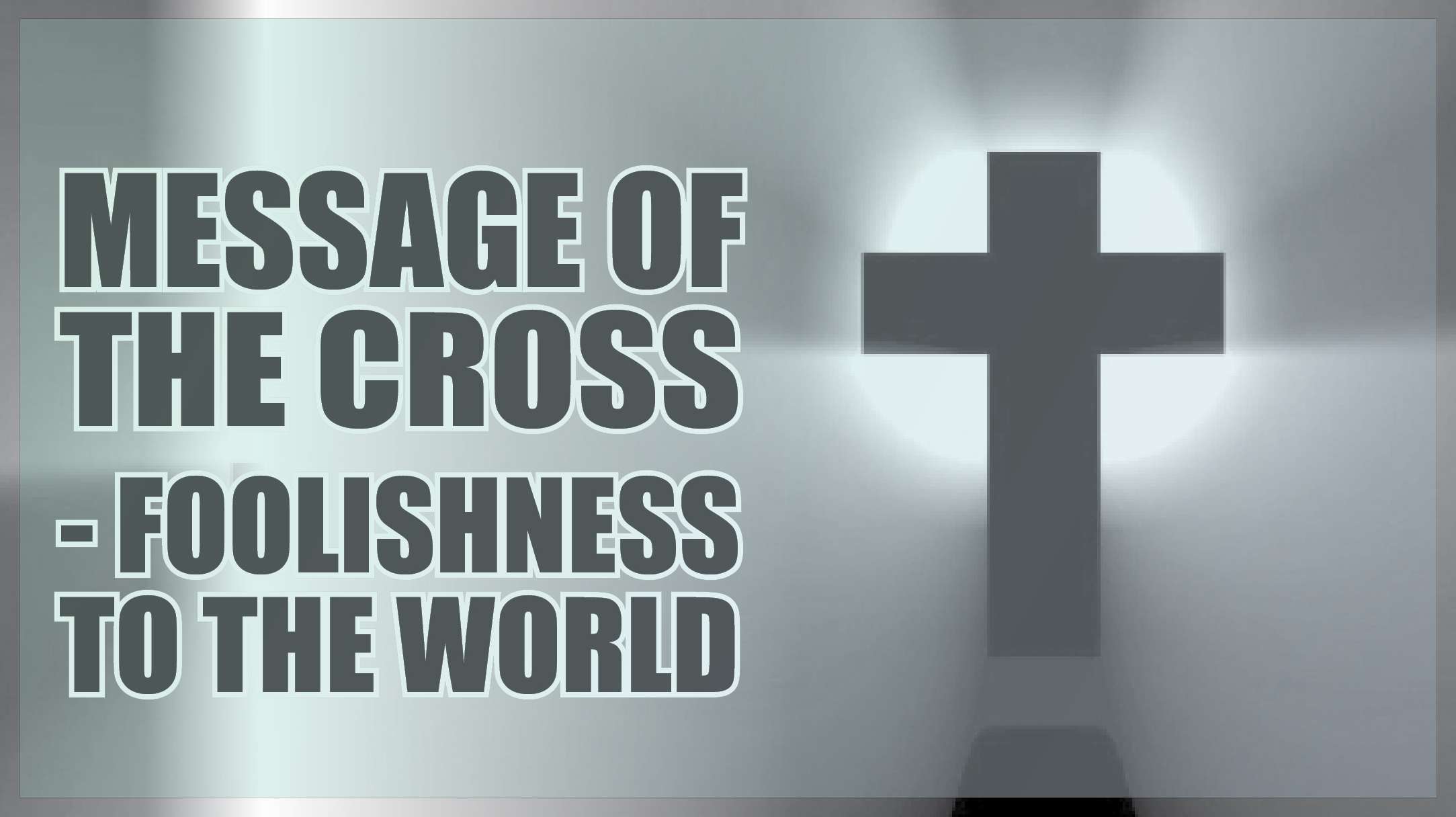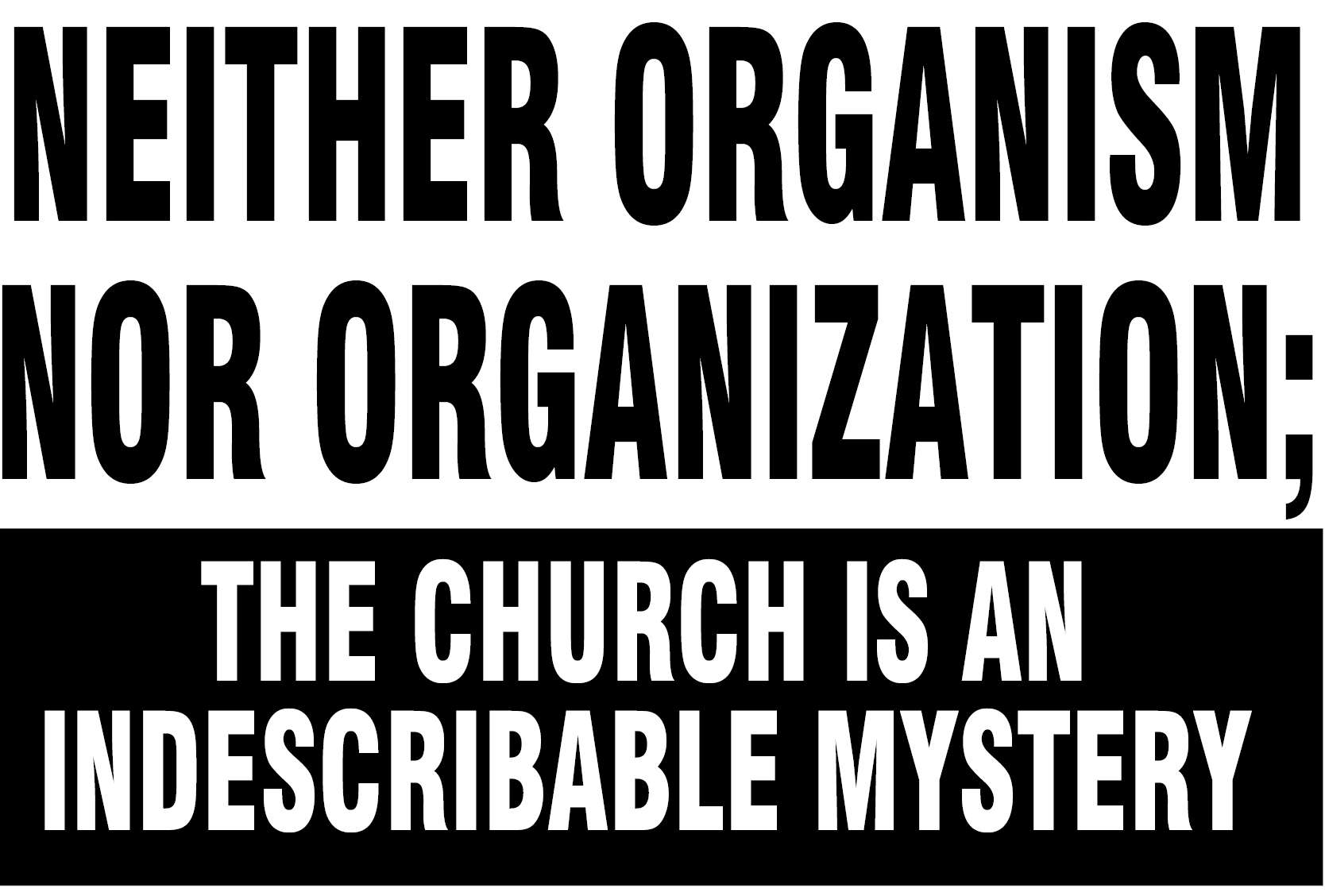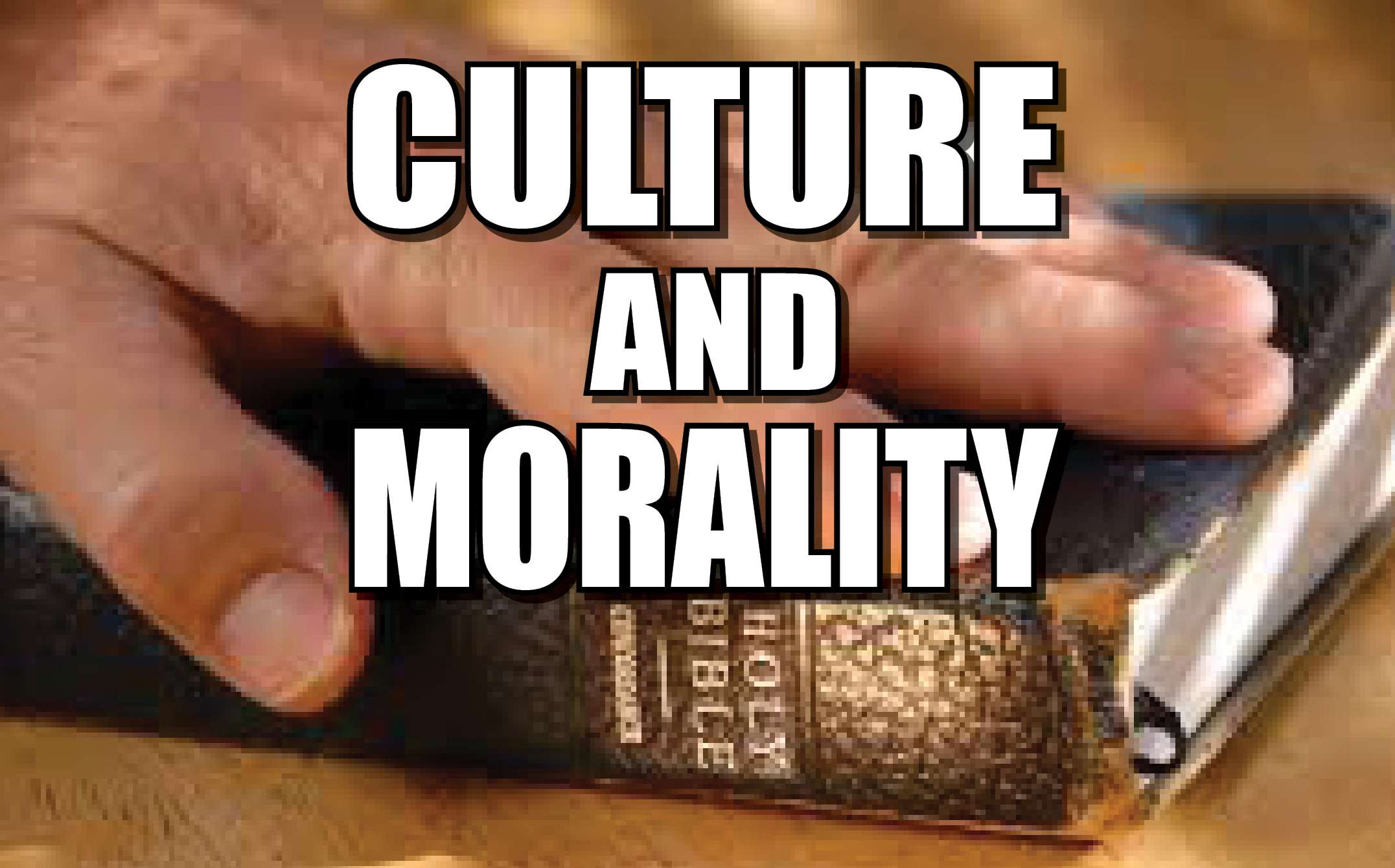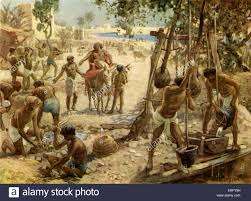

Human Labour – a New Testament Perspective
Dr. J. N. Manokaran
The Church has a dynamic impact on its members and great influence also on its non-members. All people have personal lives, professional lives and social lives. The Church teaches the congregation on all aspects of life. The purpose of life, how to live and how to celebrate life are some of the aspects the Church teaches the people of God. Here are four generic principles that should help a Christian to order and govern his/her life.
Sovereign God
God is the Sovereign Lord of the universe. There is no power or authority apart from Him. God has ultimate victory and only His Plan and Purpose endures. Every person born in this world has a purpose in life. Births are not accidental, life is not blind fate and history is not just happenings or a chain of isolated incidents. A person is born in a particular country, among certain people, in a cultural context, into a family and in a certain place. These things are not human choices but divine appointment. In any context, God can lead a person to lead a triumphant, fulfilling and meaningful life. Lord Jesus Christ said that even the hair of a person is numbered. (Luke 12:7) With this understanding of God's Sovereign authority, lordship and power, a Christian could seek to glorify God at all times and by all means.
We can term God's specific plan for each one as 'calling'. When Christians are sure that God has called them to do a particular work, they are empowered by the call and anointing to fulfill the call. Every person needs appropriate anointing to fulfill God's call. Any job, including a security guard or bus driver or servant maid needs the conviction of call and empowerment.
The greatest inspiration for work is: God works. Timothy Keller writes: “He forms a man (Genesis 2:7), plants a garden for him and waters it (Genesis 2:6-8), and fashions a wife for him (Genesis 2:21-22).”1 God was seen as Gardener in Genesis and Carpenter in New Testament. Both jobs are considered inferior in many cultures. Hence, Christian worldview provides different attitude for work. According to Tim Keller, work itself is spiritual. “Your daily work is ultimately an act of worship to the God who called and equipped you to do it – no matter what kind of work it is.” 2
“Work is a major instrument of God’s providence; it is how he sustains the human world.”3 God in His wisdom has given the gift of work to humanity so that the world could function.
Sacred World
The world in which we live is not perfect. Satan has defiled, and created chaos in the world. However, God works in the world through His children aided by the Holy Spirit and in fact, would ultimately create a New Earth. The whole world belongs to the Lord. (Psalm 24:1,2) He decides who would be born or living in each part. In this world, even the birds are known and listed in His book. None of them can fall without His will. (Matt 10:29)
God designated, delegated and commissioned Adam and Eve to dominate, nurture and enjoy the whole earth. So, work is not a post-fall phenomenon. Work was indeed the blessed aspect of life in the Garden of Eden. Many people try to associate work with Sin and the Fall and non-work to Paradise. Humans are expected to use their creativity to work and enjoy the fruit of their labor. In fact, humans need work to thrive physically, emotionally, mentally, psychologically and spiritually.
The Fall created 'thorns and thistles' that makes work painful, exhausting and frustrating. But, that does not mean that there is no value in work or joy in labor. In fact, we have to expect disappointments, defeats, disorientation and fruitlessness in our work. The labor we put in may not bring the perfect result in an imperfect world.
God has revealed himself in nature. “So every advancement in learning, every work of art, every innovation in health care, technology, management or governance, is simply God ‘opening his book of creation and revealing this truth’ to us.”4 Work in the world helps us to discover God, His power, wisdom and love.
Sent as Servant
As in Creation, where Adam and Eve were commissioned to work, God commissions each and every individual to work in the world in different capacities. The work is for the dignity, fulfillment and life purpose. The dignity is there because God Himself worked. Because of that all work has dignity. Each and every individual is sent into the world with a specific purpose of God. They fit in to the roles allotted by God and have to fulfill their responsibility in the world.
Work is creative entity. “Through our work we bring order out of chaos, create new entities, exploit the patterns of creation, and interweave the human community. So whether splicing a gene or doing brain surgery or collecting the rubbish or painting a picture, our work further develops, maintains, or repairs the fabric of the world. In this way, we connect our work to God’s work.”5 That means we are servants commissioned by the Lord into the world.
There is a distinction between work and toil. Vishal Mangalwadi writes: “The Bible distinguished ‘work’ from ‘toil’. To work was to be like God, but toil was curse on human sin. Toil was mindless, repetitive, dehumanizing labor. This enabled Christian monks to realize that human beings should not have to do what wind, water, or horses can do. People should do what other species and natural forces cannot do – use creative reason to liberate human beings from the curse of toil.” 6
Work is not just for income and power, but for service to humanity. The class divisions according to income and caste division according to labor are not the Original plan for humanity. It evolved from various human experiences in different cultures and vested interests of the ruling or dominating people. Paul writes to Ephesians that even a thief should do honest work, not for his sake alone but to help others. (Eph 4:28)
Christian professionals (this term embraces all professions vertically - top to bottom) have to understand that God has placed them in that position and they are ultimately accountable to God. Here professional does not mean just people doing white-collar job (like IT professionals) or blue-collared job (like welders). It includes all jobs or work or profession (menial or elite). That means it includes: nanny, hair cutter, gardener, welder, shop keeper, doctor, mechanic, carpenter, painter, brick layer, pharmacist, lab technician, builder, sports person, vegetable vendor, farmer, cook, chef, lawyer, judge, clerk, accountant, manager, politician, manufacturer, publisher, writer, journalist, musician, .etc.
Christian workers ought to exemplify and personify excellence. Christians have a model in God Himself; He is our example and inspiration. God created the whole earth with so much beauty, color, design and thoughtfulness. Christians should reflect those characteristics in the work they do. God is glorified through their excellent work. (Col 3:17 and I Cor 10:31)
God worked for six days and rested on the seventh day. Lord Jesus Christ also worked hard, sometimes missing food (John 4), exhausted and was tired. Christians should work hard using all their abilities, talents, skills and gifts. God called his disciples like Peter, Andrew and Matthew when they were busy in their profession. Being lazy is anti-type of a Christian.
Paul writes that we are instruments of righteousness (Romans 6:13); servants of righteousness. God intends Christians to serve in the world facilitating justice and demonstrating righteousness.
Christians should understand that they are servants sent by Lord Himself into the world. So, they should work as unto the Lord. (Col 3:23) The whole idea of work is turned upside down. Christians do not work just for money or as compelled by the employer or to please some human; but for God. Their work should be a pleasing offering of fragrance. Martin Luther states that to do our work well and for the glory of God, we fulfill the commandment of loving our neighbor as ourselves.
Paul brings out the principles of work (Ephesians 6:5-9): First, Christians should work with fear of God that leads to being courteous and humble. Second, the heart should be sincere and the focus should be concentrated. Third, should work as diligently, even when not seen or supervised or monitored. Four, work diligently, cheerfully, joyfully and wholeheartedly.
At the same time, Paul writes to employers: First, they should not threaten or motivate people to work inducing guilt or coercion or emotional sentiments. Second, treat the slaves with dignity and respect as created in the image of God and for whom Christ died. Third, do not be haughty having class or caste pride.
Serve as Steward
Christians are also expected to be stewards of God's resources. They should use all opportunities, resources and time: optimally, creatively and strategically. It would be wise to use resources to optimum level instead of minimum level. For example, some churches have huge area but occupy part of the land and leave the rest to be grown with thorns, weeds and thistles. David used the sling and pebbles creatively to gain victory over Goliath. Gideon used the sword, lamp and pot strategically to gain victory.
Wasting is not tenable to Christian precepts. The Lord fed the Five Thousand and commanded the disciples to collect the leftovers and they were twelve baskets full. God does not do junk work and so Christians are also not expected to do junk work. All the work Christians do should be profitable, constructive, beneficial and a blessing to humanity.
As stewards, Christians are expected to use their body, emotions, mind, will, and spirit when engaged in any work. Civilizations are product of work, or else the world would still be a primitive wilderness.
Esther was called to be steward of her position and power. Esther had to understand that her palace would become a prison, if she did not align herself with God's will. “Unless you use your clout, your credentials, and your money in service to the people outside the palace, the palace is a prison; it has already your name.” 7
The world philosophy says: “Choose your dream vacation. Choose a self-serving moral system. According to our culture, freedom is important because with it we can have more fun, and more fun is, well more fun than we are currently having. And if fun is the purpose of life, we should have extreme fun.”8 Biblical basis for choosing work is different. Choosing to work according to our calling, talents and gifting. The priority of our work is to help others and make the lives of others better.
Sabbath
Underwork and overwork would create imbalance. By underwork a person would lose dignity and significance. Overwork could be out of greed for money or name that may lead to stress, and serious health issues. Violating the principle of Sabbath would lead to nervous breakdown. “Resting or practicing Sabbath, is also a way to help us get perspective on our work and put it in the proper place.” 9
Today restlessness dominates young people lives. “Sometimes I think our whole culture has Restless Fly Disorder. We buzz around constantly, and we can’t seem to land anywhere. With all the available diversions, we flit.” 10
As Christians we have to excel in working hard and also have a balanced life that we could rest and relax without guilt pricking our conscience.
Challenge
The biblical worldview helps Christians to celebrate life, contribute to society, fulfill their calling and glorify God. The Local church motivates, inspires, trains and equips all members to understand this and transform the world around.

